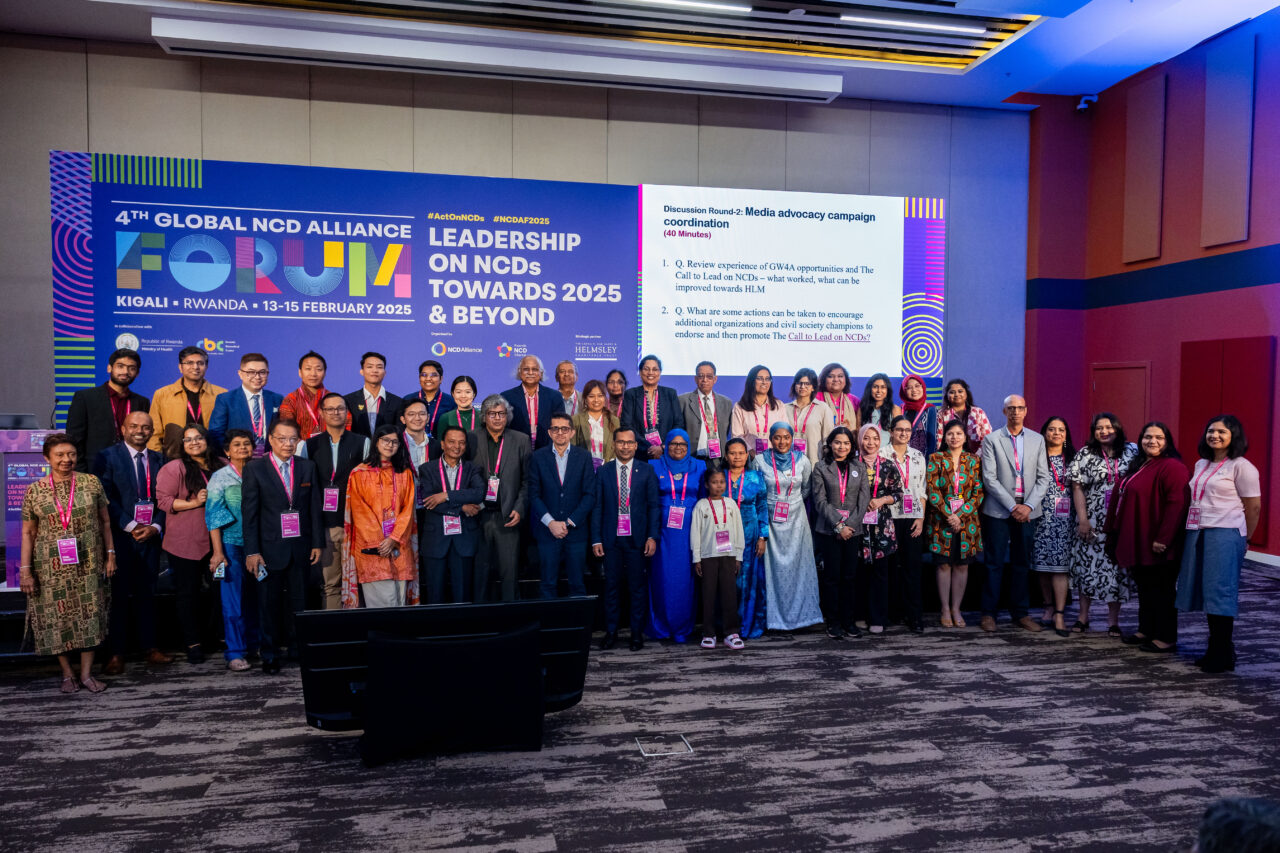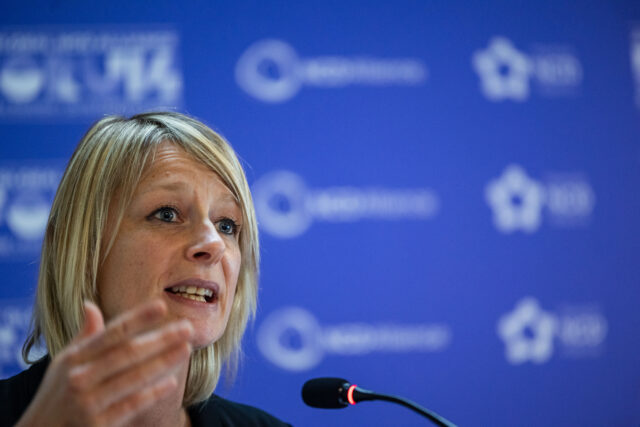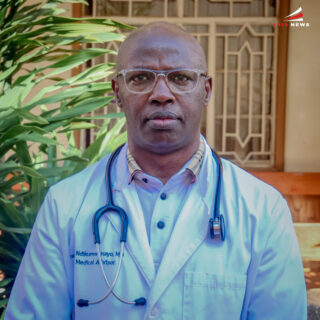
The air in Kigali crackled with urgency. Hundreds of health experts, advocates, and government representatives from across the globe had gathered at the Kigali Convention Centre for the 4th Global NCD Alliance Forum, but the mood was far from celebratory.
“215 million people lost their lives due to NCDs in these last five years. 215 million,” Monika Arora, President of the NCD Alliance, declared at the forum. “To put that into context, that is the population size of Nigeria. These aren’t anonymous numbers, these are people we know, members of our community, our family members and friends, whose precious lives could have been saved.”

Arora’s stark statistic set the stage: the elephant in the room – or rather, the silent pandemic sweeping across the African continent – is non-communicable diseases (NCDs). While infectious diseases like HIV/AIDS and tuberculosis have long dominated headlines, a new, insidious threat is emerging, claiming lives and crippling communities at an alarming rate. NCDs, including cancer, heart disease, diabetes, and chronic respiratory illnesses, are rapidly becoming Africa’s biggest health crisis, and the world is only just beginning to wake up to the scale of the challenge.
According to the NCD Alliance, NCDs now account for a staggering one-third of all deaths in Africa. That number is projected to surpass even HIV/AIDS, TB, and maternal mortality within the next five years. Imagine the impact: families shattered by premature loss, healthcare systems overwhelmed by chronic conditions, and economies burdened by lost productivity. This isn’t a distant threat; it’s a present reality for millions of Africans.
“We’re Facing a Silent Pandemic”

That was declared by Katie Dain, CEO of the NCD Alliance. “While the world’s attention has been focused elsewhere, NCDs have been steadily rising, becoming the leading cause of death and disability in many African countries.” The challenge is multifaceted. Rapid urbanization, changing lifestyles, and increased access to processed foods have contributed to a surge in risk factors like obesity, physical inactivity, and unhealthy diets. But the problem goes far beyond individual choices.
Africa’s healthcare infrastructure is often ill-equipped to handle the growing burden of NCDs. Many countries lack the resources, trained personnel, and diagnostic tools needed for early detection and effective management. Access to essential medicines and treatments is often limited, particularly in rural areas.
Dr. Mary Amuyunzu-Nyamongo, of the NCD Alliance, Kenya, emphasized, “We need to focus on investment in prevention. It’s easy. It’s cheap. It’s doable. We need to be working with people living with NCDs, ensuring they are our mouthpiece. We should never get tired of awareness.”
The human cost of this silent pandemic is immense. Families are pushed into poverty as they struggle to pay for expensive treatments. Individuals are robbed of their health and well-being, often facing years of suffering and disability. The economic consequences are equally devastating, with NCDs draining resources and hindering development.
Amidst the Grim Statistics and Daunting Challenges, There is Hope
The Kigali forum, served as a crucial platform for sharing knowledge, forging partnerships, and developing strategies to combat the NCD crisis. Experts from across the globe highlighted the importance of prevention, early detection, and integrated healthcare systems. They stressed the need for greater investment in primary healthcare, ensuring that communities have access to essential services and medications.
One of the key takeaways from the forum was the importance of community involvement. Empowering individuals and communities to take control of their health is crucial for preventing NCDs and managing chronic conditions. This means promoting healthy lifestyles, raising awareness about risk factors, and providing support for those living with NCDs. As Diego Rodriguez, of the Uruguay NCD Alliance, stated, “The industry has a lot of money, but we have something much more valuable: commitment, ethics, the ability to act, and the motivation to protect our children, friends, and families. That cannot be bought with money.”
The fight against NCDs in Africa faces a stark reality: promises made by governments are, as Monika Arora, President of the NCD Alliance, powerfully stated at the forum, “ringing hollow.” With progress towards the 2025 targets wildly off track and the 2030 SDGs hanging in the balance, a chilling truth emerges: NCDs, ill health, and disability are becoming the norm, not the exception. This isn’t just a matter of missed deadlines; it’s about lives lost, families broken, and a continent struggling under an avoidable burden. Real change demands more than rhetoric; it requires sustained effort, strong leadership, and a collective commitment from governments, healthcare providers, civil society, and individuals. The stakes are too high to ignore. The time for action is now.



